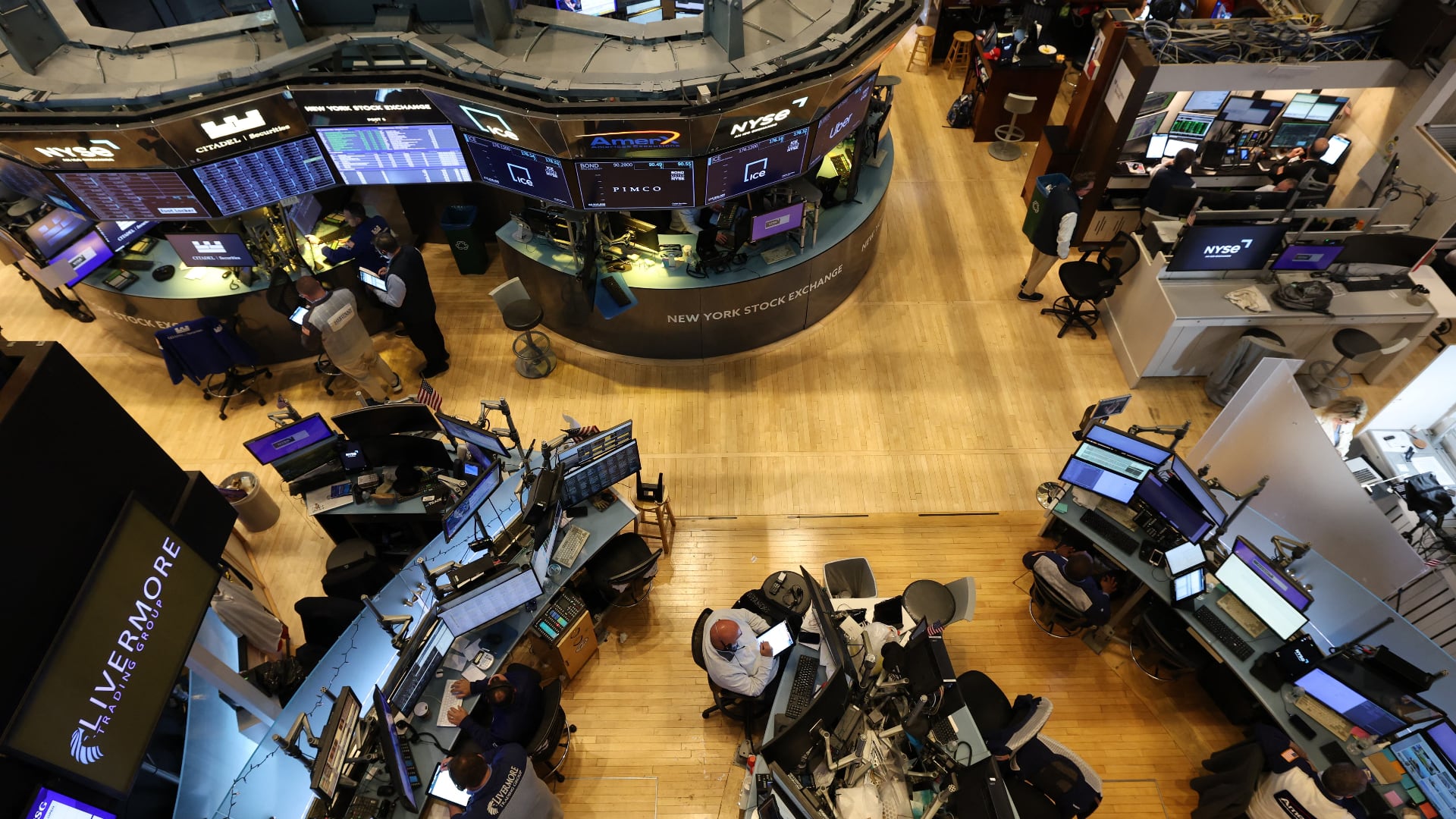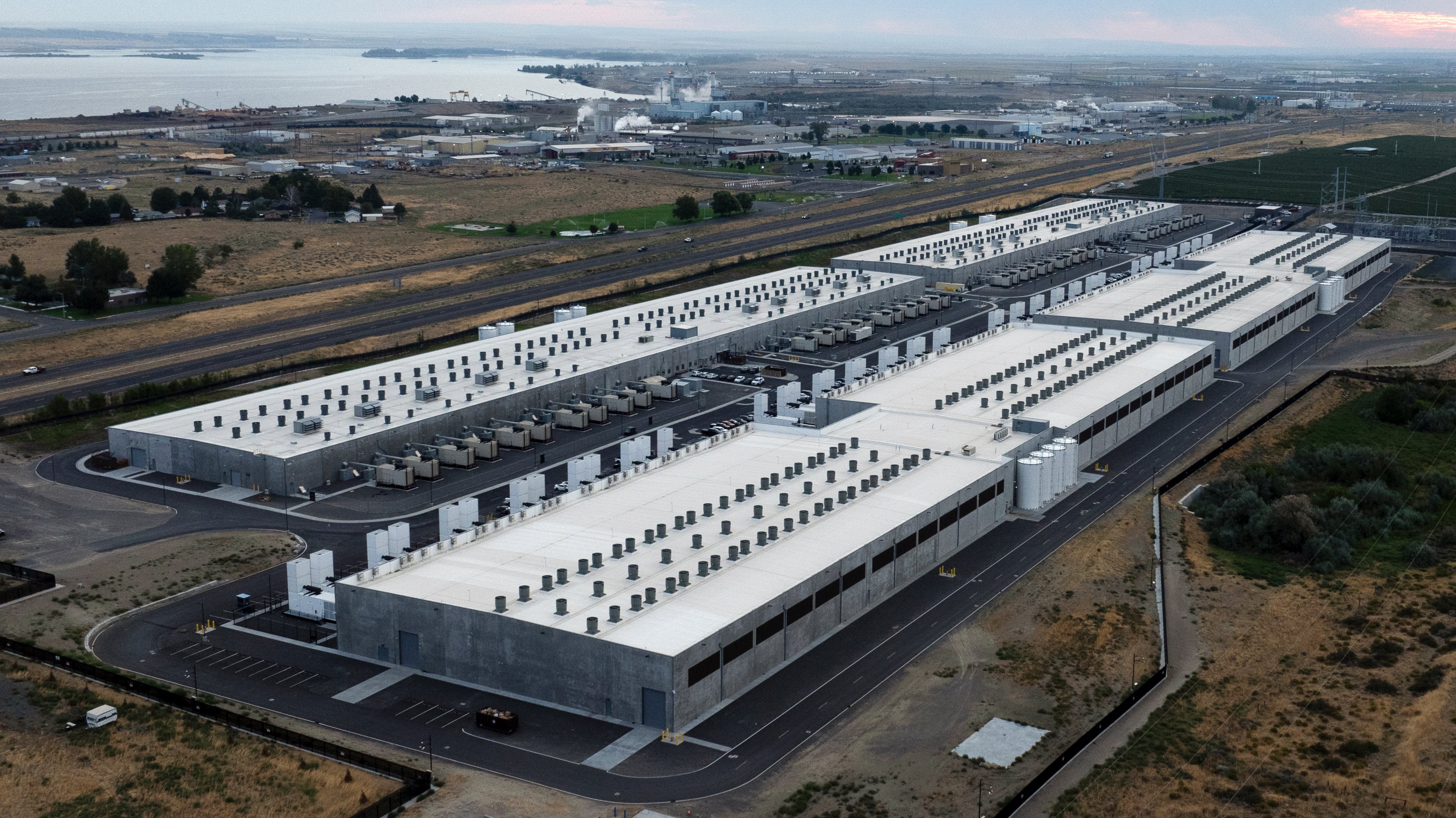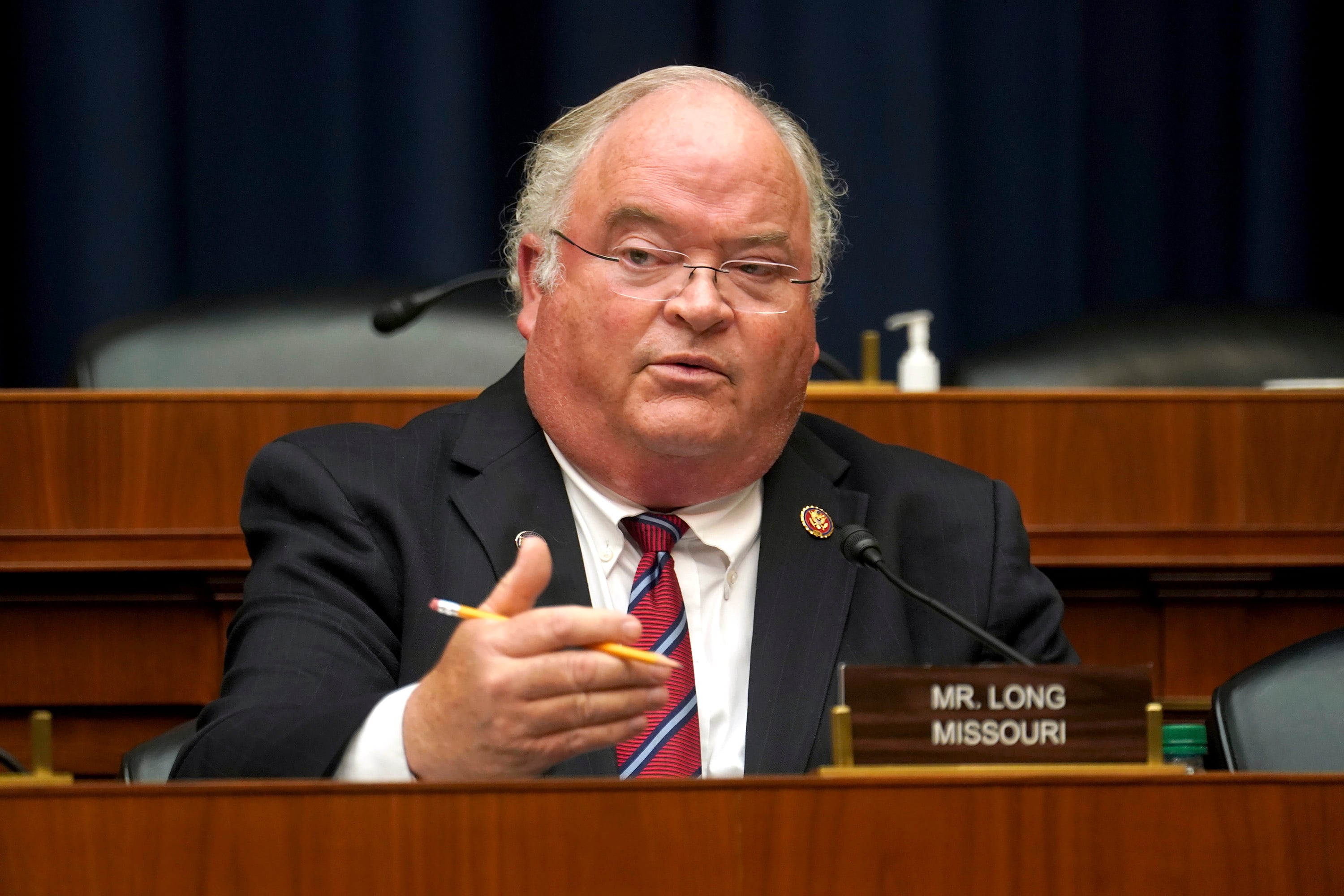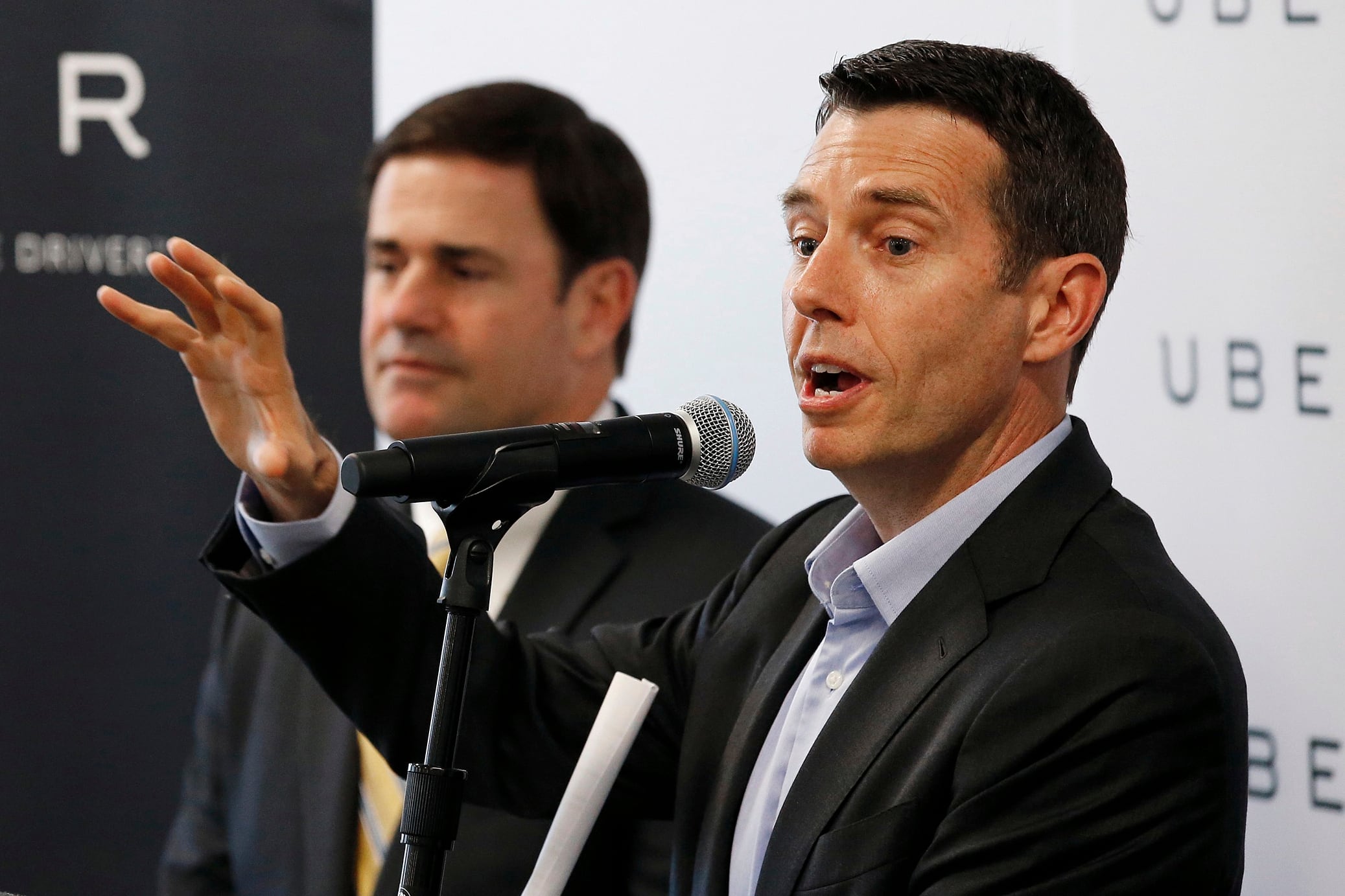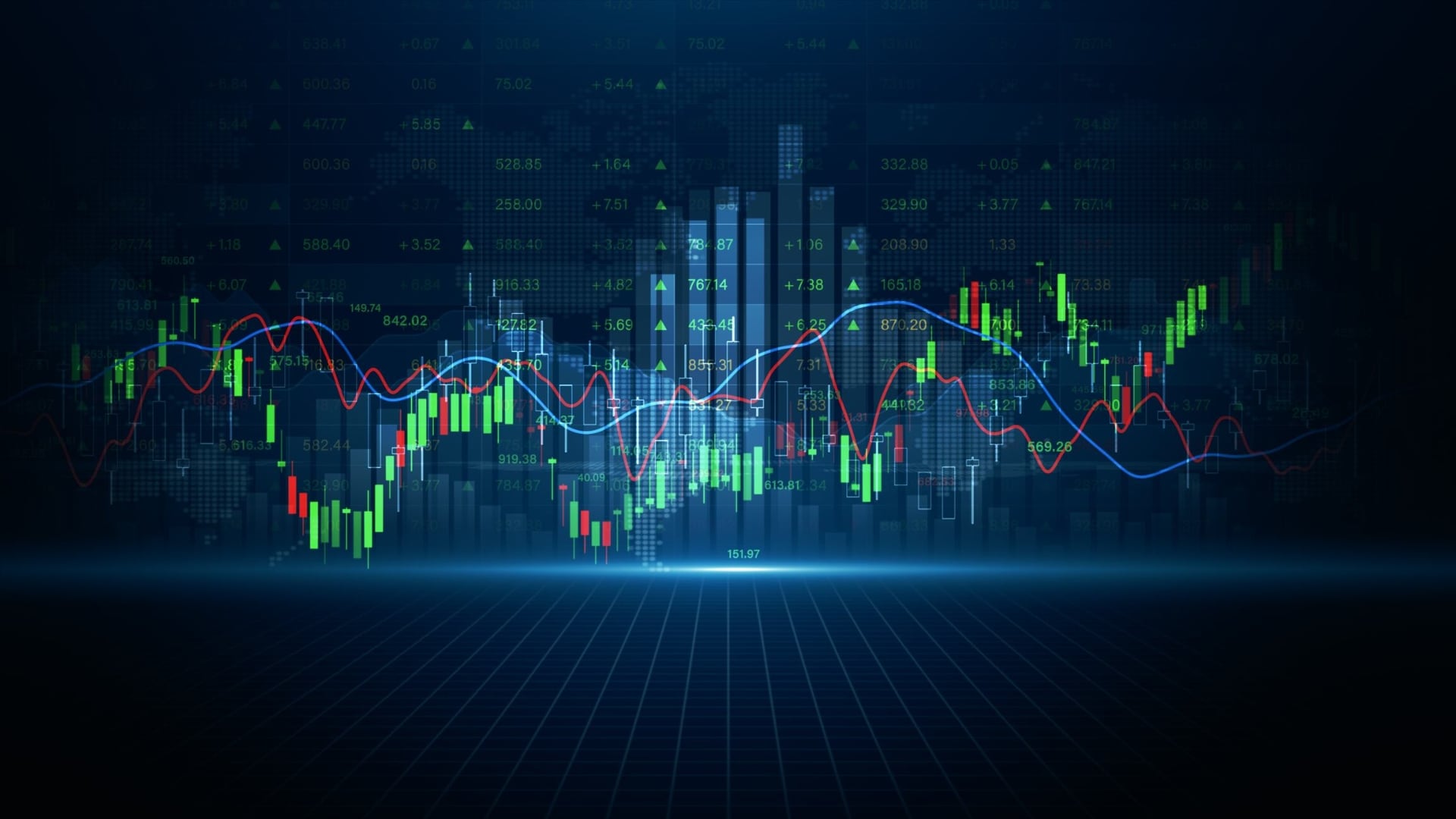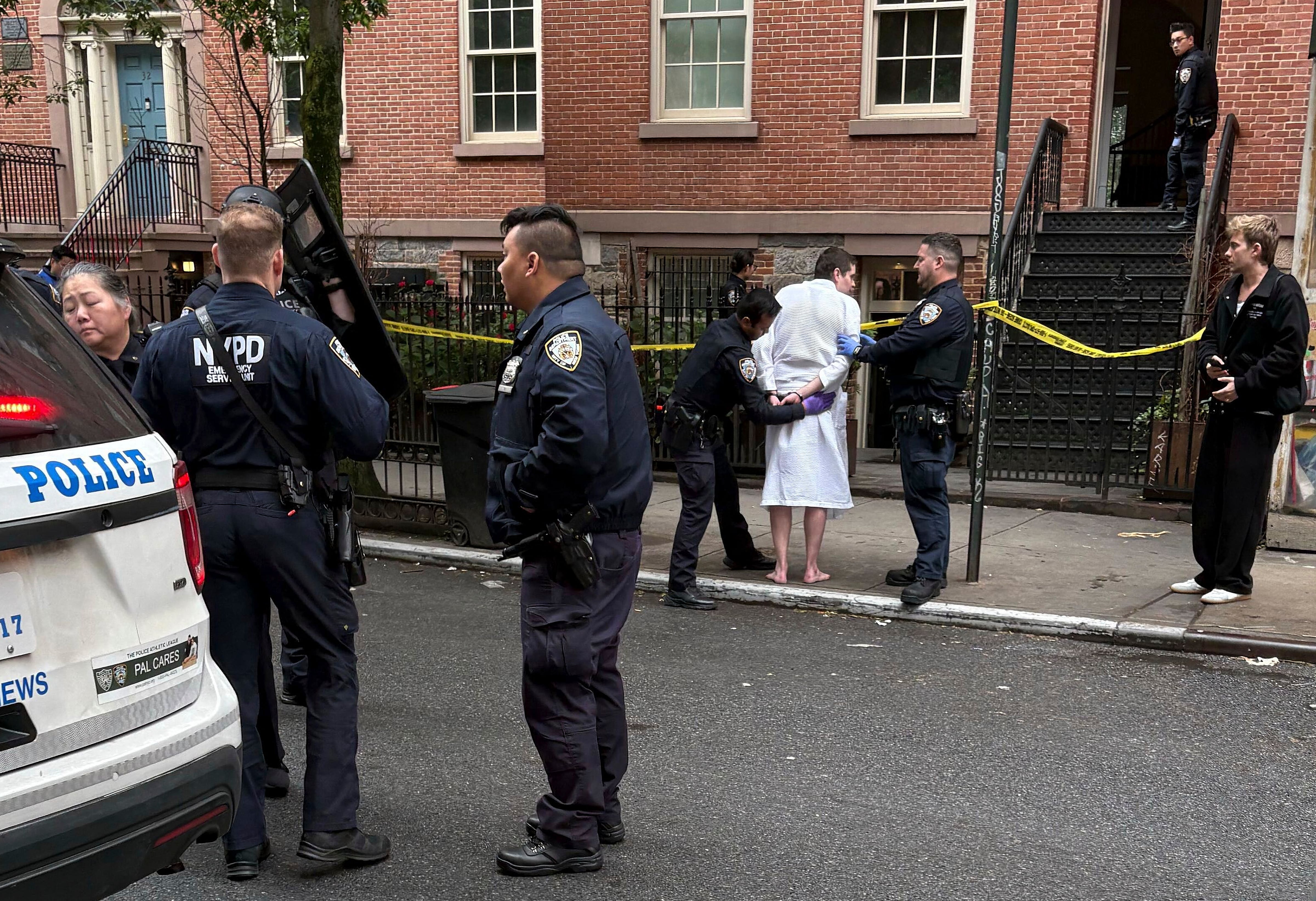By Stan Choe
A rally on Wall Street lifted stocks to their highest level in almost two months following the latest sign that inflation continues to cool. The S&P 500 rose 1.3% Thursday after a report showed inflation at the wholesale level slowed last month by more than expected. The Dow was up over 380 points, while the Nasdaq composite led the market on hopes slower inflation could lead the Federal Reserve to take it easier on interest rates. A separate report showed slightly more workers applied for unemployment benefits last week than expected, though the job market remains solid.
THIS IS A BREAKING NEWS UPDATE. AP's earlier story appears below.
A rally on Wall Street Thursday is lifting stocks to their highest level in almost two months following the latest sign that inflation continues to cool.
The S&P 500 was 1.4% higher in late trading after a report showed inflation at the wholesale level slowed last month by more than expected. The Dow Jones Industrial Average was up 395 points, or 1.2%, at 34.041, as of 3:05 p.m. Eastern time, while the Nasdaq composite was 2% higher.
Thursday’s report showed that prices paid to producers last month were 2.7% higher than a year earlier, the lowest inflation level there in more than two years. The hope on Wall Street is that easier inflation on the wholesale level will not only support profits for companies but also flow through to cooler inflation for consumers. A day earlier, a separate report said inflation for consumers slowed to 5%.
Inflation and how high the Federal Reserve will hike interest rates to tame it have been at the center of Wall Street’s struggles for more than a year. The Fed has hiked rates at such a feverish pace over the last year that it’s already slowed parts of the economy and caused strains to appear in the banking system.
A separate report Thursday said slightly more workers applied for unemployment benefits last week than expected, though the job market has remained remarkably resilient. A less-tight job market could take more pressure off inflation. That plus the inflation report underscored traders' expectations that the end is near for the Fed's rate hikes.
Traders shaded some bets toward the Fed holding rates steady at it next meeting in May, though the majority still call for one more modest hike.
A less aggressive Fed would help Big Tech stocks in particular. High-growth stocks are seen as some of the most vulnerable to higher rates, and Apple, Microsoft and Amazon were the three biggest forces lifting the S&P 500 after each rose at least 1.9%.
The Fed has hiked rates at every one of its meetings since early last year, often by double or triple the usual amount. High rates can smother inflation but only by slowing the entire economy, raising the risk of a recession and hurting prices for investments.
High interest rates and still-high inflation are eating away at corporate profits, and the biggest U.S. companies are starting to tell investors how much they earned during the first three months of the year. Expectations are low, with forecasts calling for the sharpest drop in earnings since the pandemic was pummeling the economy in 2020.
Delta Air Lines was down 1% after flipping between gains and losses through the morning. It reported weaker results for the latest quarter than expected, but it also said customers still want to fly despite all the economy’s challenges. It predicted a bigger-than-expected profit for the second quarter.
Investors are likely to focus more on such forecasts than on the backwards-looking results of the last three months. Even though forecasts for 2023 earnings have come down a bit, “2023 consensus still looks optimistic if we are headed to a recession,” equity strategist Savita Subramanian wrote in a BofA Global Research report.
Several of the biggest banks will report their results Friday, offering potentially more clues. One of the fears on Wall Street is that recent turmoil in the banking system could cause a pullback in lending, which in turn could weaken the economy. The Fed's staff economists see such weakness potentially causing a mild recession later this yea r, the central bank said Wednesday.
The bond market has shown much more worry about a possible recession than the stock market, with traders betting the Fed will have to cut interest rates later this year in order to prop up the economy.
Treasury yields fell immediately after Thursday’s weaker-than-expected reports, before paring their losses and reversing through the morning. The yield on the 10-year Treasury rose to 3.45% from 3.40% late Wednesday. It helps set rates for mortgages and other important loans.
The two-year yield, which moves more on expectations for the Fed, rose to 3.99% from 3.97% late Wednesday.
Strategists at Goldman Sachs are more optimistic about the economy’s prospects than many, forecasting only a 35% probability of a recession. But they also say prices in markets available now may mean not much upside is left.
The bond market may be looking for cuts to rates, but the Fed may have less room to lower them given how strong the job market is. Profit margins may also have little room to rise further, which would hamper stocks.
That leaves the possibility for further returns from stocks and bonds to be “not as stellar as one might expect,” Jan Hatzius, Goldman Sachs’ chief economist and head of global investment research, said in a report.
——
AP Business Writers Joe McDonald and Matt Ott contributed.
